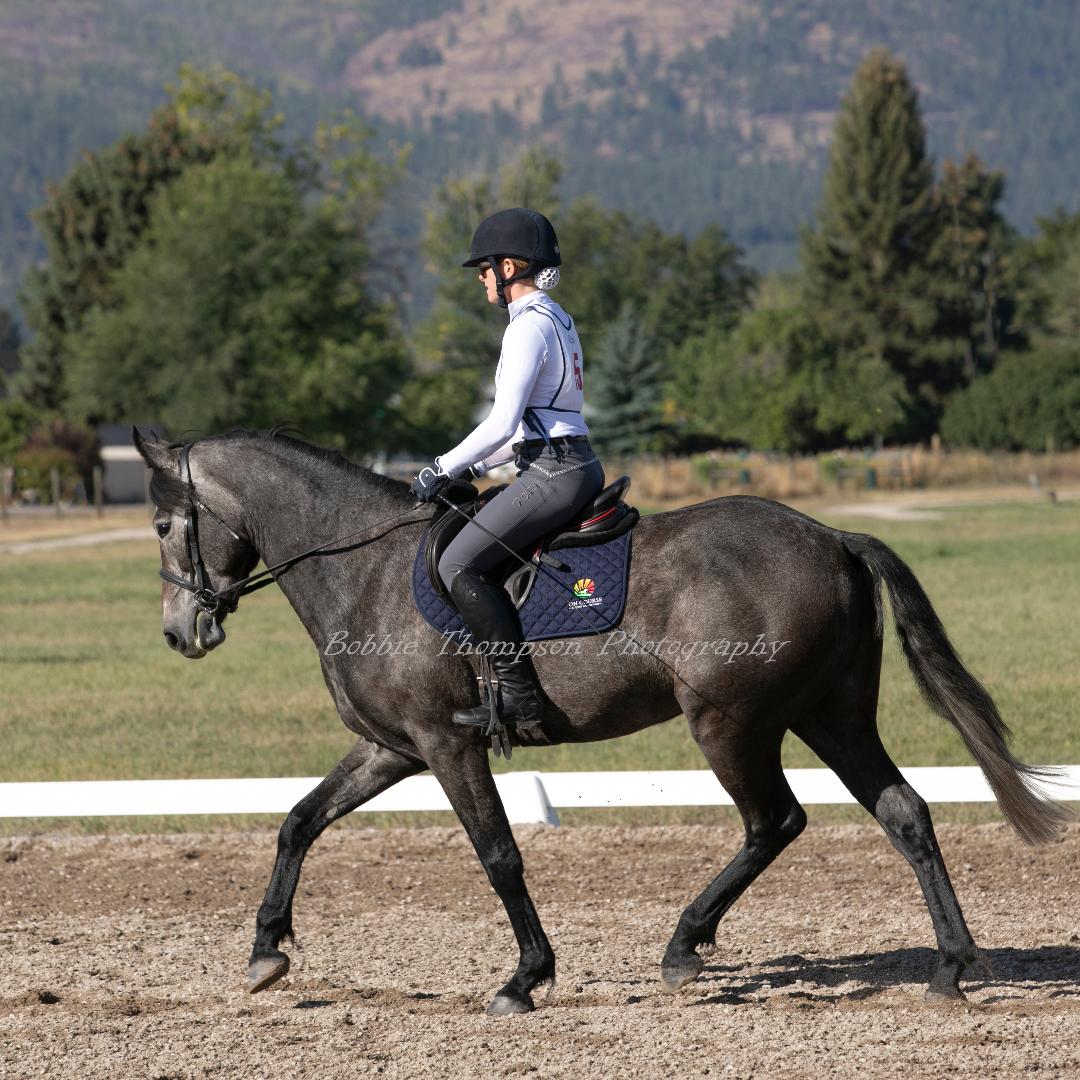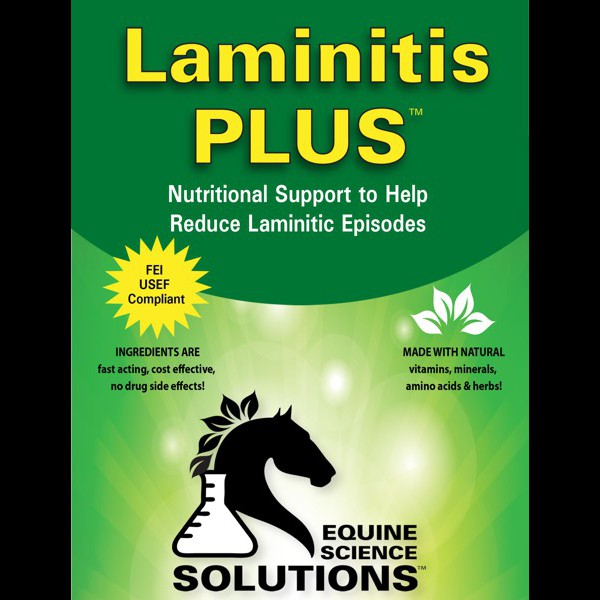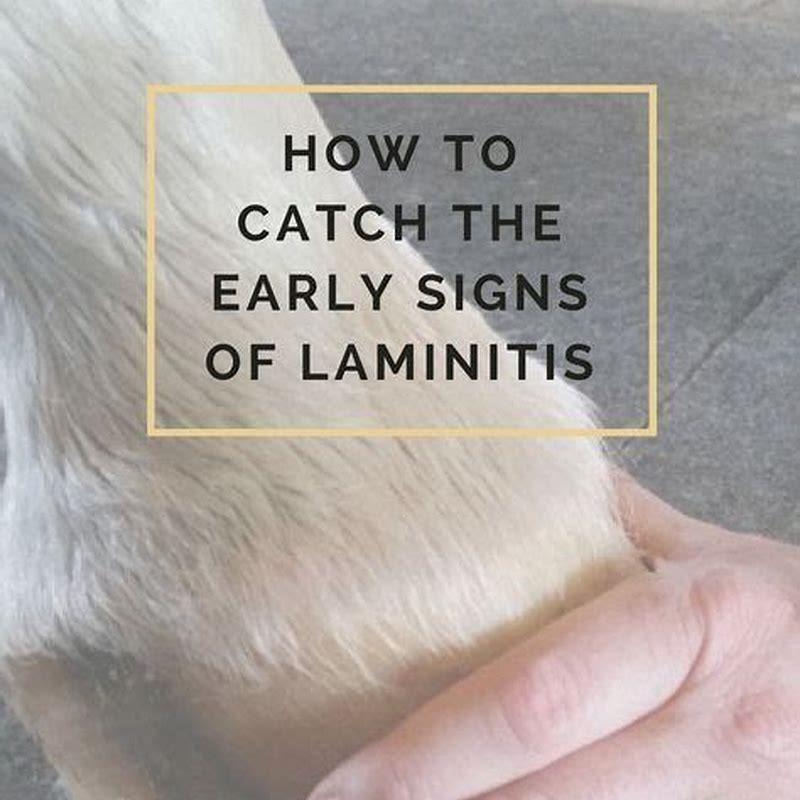Unique Tips About How To Prevent Laminitis

Prevention is always better than cure.
How to prevent laminitis. Your veterinarian may be able to advise you on new therapies that may include standing your horse in ice water to prevent the onset of laminitis after a predisposing cause such as a retained placenta or a known grain overload. [1] this article will review the top 17 risk factors for laminitis in horses and discuss how to address these risk factors and prevent laminitis in your horse. Laminitis can cause extreme pain, lameness, and permanent damage to the hooves and can.
Regular, appropriate shoeing and foot trimming can help reduce the risk of laminitis. Here are some dietary guidelines to follow: Research suggests immersing a horse’s lower limbs in ice water when the first signs appear might help reduce the severity of an episode.
The following may aid in the prevention of laminitis: A balanced diet is crucial in preventing laminitis. Horse health care.
Reduce the sugars and starches in the diet of horses who have had laminitis, are insulin resistant or are otherwise at risk. Spotting signs of acute laminitis early is vital for preventing permanent damage to. Horses with acute laminitis can also show symptoms similar to colic.
How to prevent laminitis. With more sunlight, the grass grows and starts to produce. In the case of laminitis caused by feeding, sugar is the most common cause of laminitis in horses, such as the polysaccharide.
How can laminitis be prevented? An increased heart rate. Prevention is better than cure, so here are some tips to minimize the risks:
Turnout time… turning out at certain times of the day can expose horses to increased risk of laminitis. Don’t wait until your horse or pony is overweight or had his first episode of laminitis before you consider reducing the risk of laminitis. Good hoof care.
Laminitis, commonly known as founder, is a painful. Grazing for sensitive horses. You can prevent laminitis by avoiding high risk situations.
Prevention & management of laminitis. You might prevent laminitis by managing your horses' food intake and taking good care of their feet. Managing a horse’s feed and weight.
An overweight horse has a higher risk of. Even if you have never experienced laminitis in your horse before, now is the time to make preventative changes in order to minimise your horse’s chances. Once a horse has had an episode of laminitis, they are particularly susceptible to future episodes.


















